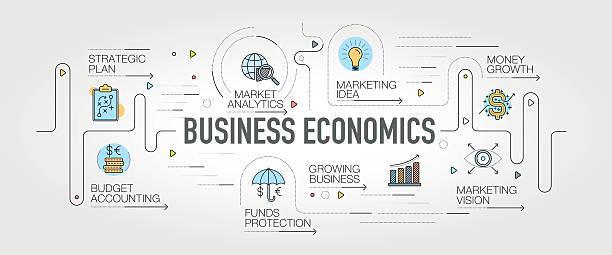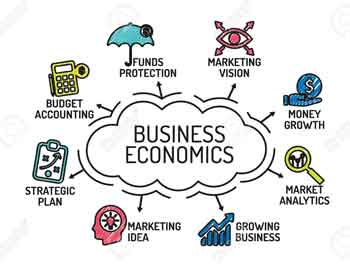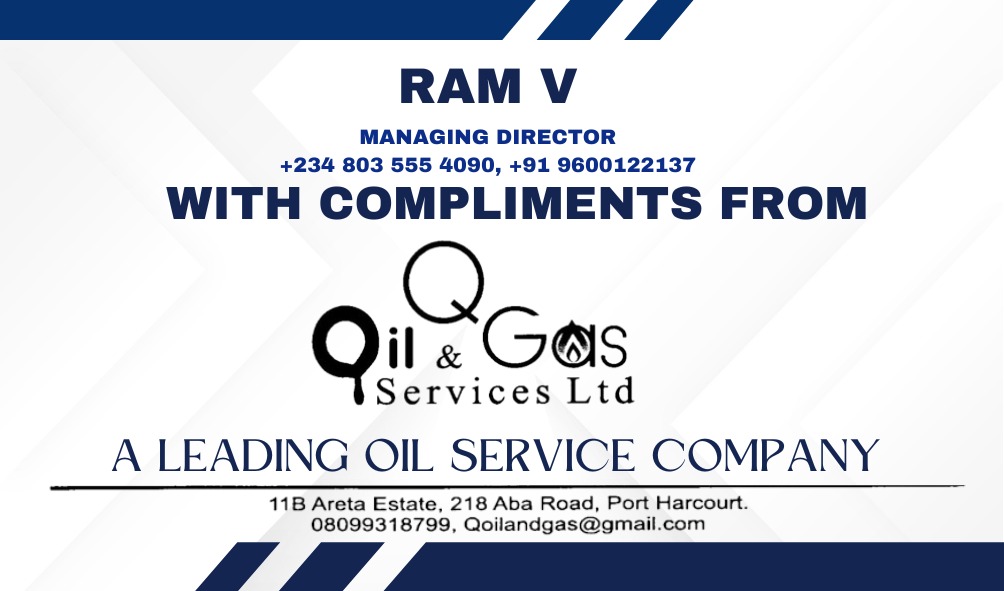Master of Business Economics (M.B.E)
About department
description
Master of Business Economics (M.B.E) is a specialized postgraduate degree program that focuses on providing students with advanced knowledge and skills in economics, business analytics, and applied research methods. It is designed to prepare individuals for careers in economic analysis, business consulting, financial analysis, policy analysis, and other roles that require a strong foundation in economics and business.


Connect with us
Beneficial
- Course Level: The M.B.E program is at the postgraduate level, typically pursued after completing a bachelor’s degree in economics, business, finance, mathematics, or a related field. It is suitable for individuals seeking to deepen their understanding of economic principles, develop analytical skills, and apply economic concepts to real-world business challenges.
- Duration: The duration of an M.B.E program varies depending on the institution and specific requirements of the program. It typically takes one to two years to complete when pursued full-time.
- Mode: M.B.E programs are commonly offered in full-time, residency-based formats, allowing students to engage in classroom lectures, seminars, case studies, and group projects under the guidance of experienced faculty members. Some programs may also offer part-time or online options to accommodate the needs of working professionals or students with other commitments.
- Eligibility Criteria: The eligibility criteria for admission to an M.B.E program vary by institution but generally require applicants to have a bachelor’s degree from a recognized university or college, preferably in economics, business, finance, mathematics, or a related field. Some programs may also require applicants to have a background in economics, mathematics, or statistics and demonstrate proficiency in quantitative analysis.
- Admission Process: The admission process for M.B.E programs typically involves submitting an application through the respective institution’s admissions portal, along with required documents such as transcripts, letters of recommendation, a statement of purpose, and/or standardized test scores. Some programs may also require applicants to undergo an interview or participate in an entrance exam as part of the admission process.
- Curriculum: The curriculum of an M.B.E program typically includes a combination of core courses covering fundamental principles of microeconomics, macroeconomics, econometrics, and applied economics, as well as elective courses allowing students to specialize in areas of interest such as business analytics, financial economics, industrial organization, international economics, or public policy analysis. Some programs may also incorporate research projects, internships, or capstone experiences into their curriculum to provide students with hands-on experience and industry exposure.
- Career Opportunities: Graduates of M.B.E programs can pursue various career opportunities in:
- Economic analysis: Working as economic analysts, research associates, or policy analysts in government agencies, research institutions, consulting firms, or international organizations, conducting economic research, analyzing data, and providing insights and recommendations on economic issues, market trends, and policy implications.
- Economic analysis: Working as economic analysts, research associates, or policy analysts in government agencies, research institutions, consulting firms, or international organizations, conducting economic research, analyzing data, and providing insights and recommendations on economic issues, market trends, and policy implications.



